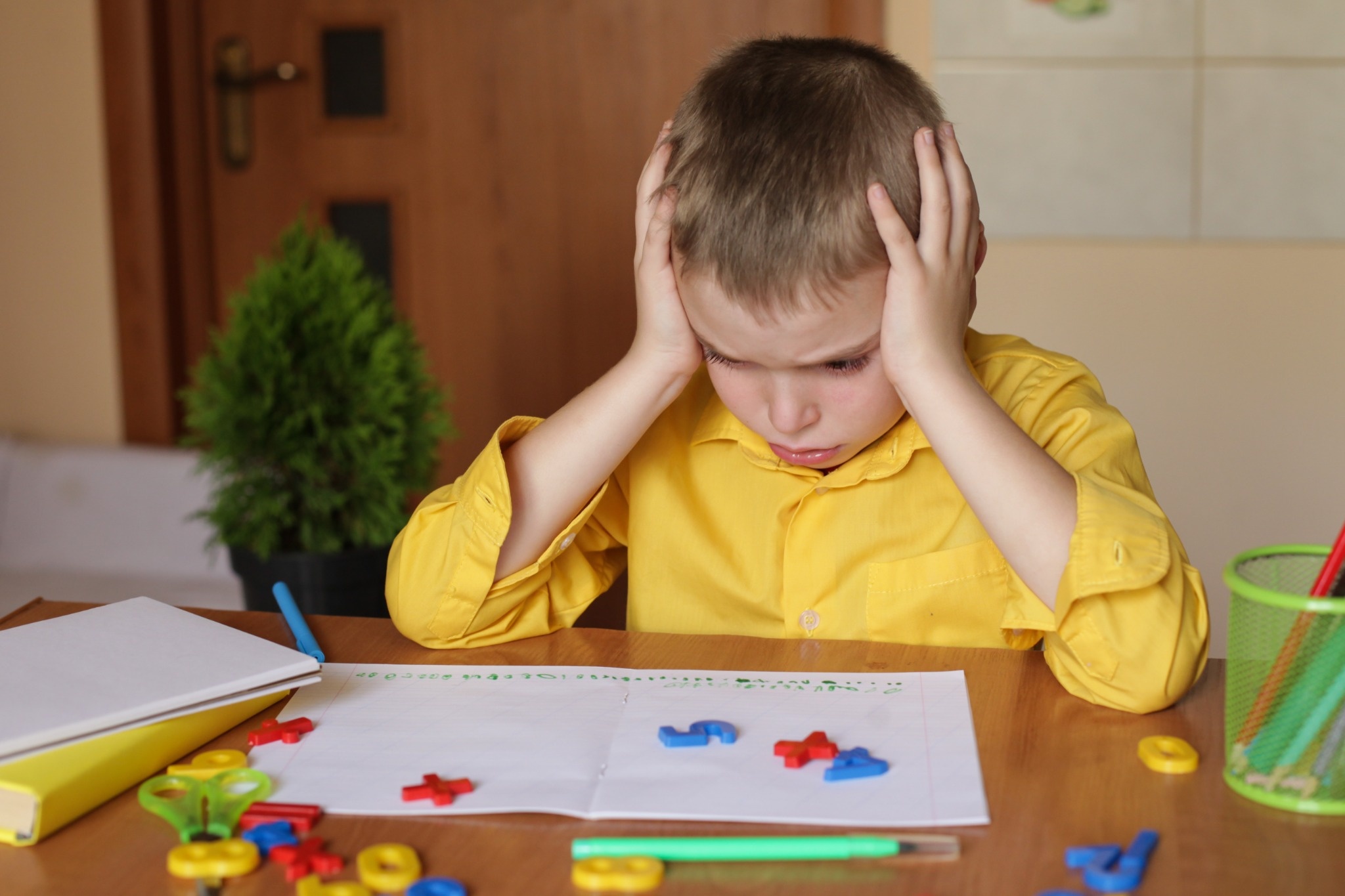It’s heartbreaking to see your child struggle in school, especially when you know how hard they’re trying. You might feel overwhelmed, unsure of what’s causing their challenges, and anxious about how to help them succeed. Please know that you’re not alone in this. Many parents face the same worries, and the good news is that there’s a way to better understand what’s going on: psychoeducational assessments. The importance of psychoeducational assessments lies in their ability to uncover the unique ways your child learns, giving you the tools and knowledge to support them effectively.
A psychoeducational assessment is more than just a test—it’s a comprehensive evaluation of your child’s learning strengths and challenges. These assessments are designed to look at cognitive abilities, academic skills, and how your child processes information. By identifying specific areas where your child might need support, they provide clarity and direction for both parents and teachers. With this insight, you can create a personalized plan to help your child thrive, whether that means addressing learning disabilities assessment needs or finding ways to build on their strengths.

Why Early Identification is Key to Addressing Learning Challenges
As a parent, it’s so hard to watch your child struggle and feel like you don’t have the answers. When challenges in learning go unnoticed or unaddressed, they can take a toll—not just on academics but on a child’s confidence and emotional well-being. Imagine how frustrating it must feel for a child to work so hard yet still fall behind their peers. Over time, this frustration can lead to low self-esteem, anxiety, or even a reluctance to engage in school. That’s why identifying learning challenges early is so important. Early intervention can prevent these struggles from snowballing, giving your child the opportunity to flourish both academically and emotionally.
A learning disabilities assessment can uncover specific challenges like dyslexia, ADHD, or processing issues that might be holding your child back. The earlier these difficulties are identified, the sooner interventions can be put in place—whether it’s targeted tutoring, classroom accommodations, or other forms of support. And here’s the reassuring part: with the right help, these challenges are absolutely manageable. Many children with learning difficulties go on to thrive academically and socially once their needs are understood and addressed. The importance of psychoeducational assessments lies in giving your child the head start they deserve by identifying these needs as early as possible.

The Importance of Psychoeducational Assessments for Tailored Educational Support
Every child learns in their own unique way, and as parents, it’s natural to want to understand how best to help them succeed. This is where the importance of psychoeducational assessments truly shines. These assessments provide an in-depth look at your child’s learning profile, identifying both their strengths and the areas where they might need extra support. For example, your child might excel in creative problem-solving but struggle with reading comprehension or staying focused. Knowing this isn’t just helpful—it’s empowering. It allows you and your child’s teachers to develop individualized strategies that play to their strengths while addressing their specific challenges.
One of the greatest psychoeducational testing benefits is its ability to inform personalized educational plans, like Individualized Education Plans (IEPs) or 504 Plans. These plans can include tailored accommodations, such as extended time on tests, reduced distractions in the classroom, or access to specialized resources. When the right supports are in place, the classroom becomes a space where your child feels capable and understood rather than overwhelmed. These assessments take the guesswork out of figuring out how to help, providing a clear roadmap for creating a nurturing and effective learning environment. For parents seeking educational support for learning challenges, a psychoeducational assessment can be a game-changer.

How Learning Disabilities Assessments Empower Parents and Teachers
It’s ok if you feel like you're fighting an uphill battle when it comes to understanding how best to support your child at school. Sometimes it feels like what’s happening at school isn’t clear, and the communication between home and school can be challenging. This is where a learning disabilities assessment can be incredibly helpful. By providing a clear picture of your child’s strengths and areas of difficulty, these assessments create a bridge between home and school, allowing everyone—teachers, parents, and even the child—to be on the same page. When everyone understands what’s going on, it becomes so much easier to work together toward the child’s success. You’re no longer guessing what might help; you have real data that drives the conversation and decisions.
The importance of psychoeducational assessments goes beyond just identifying challenges—they provide both parents and teachers with actionable insights. With a better understanding of a child’s specific needs, parents and teachers can collaborate to set realistic, achievable goals. This creates a more positive, effective support system, where each step forward is celebrated. By focusing on what your child can do, rather than what they’re struggling with, these assessments help everyone involved feel more hopeful and confident about the future. And for your child, knowing that everyone is working together to help them succeed makes all the difference in how they approach learning. Are you ready to take the next step? Check out our psychoeducational assessment for personalized guidance and practical solutions to support your beloved child.

Emotional and Psychological Benefits for Children and Families
Naturally, you may feel a heavy weight on your shoulders when your child struggles with learning. You might worry that there’s something you're missing, or even feel guilty, wondering if you could be doing more. It’s completely normal to feel this way, but please know this: a learning disabilities assessment can lift much of that uncertainty. Understanding your child’s challenges through psychoeducational assessments provides clear answers, taking away the confusion and frustration. These assessments don’t just point out weaknesses; they validate what your child has been going through and show that their struggles aren’t a reflection of their effort or intelligence. It’s not about trying harder—it’s about understanding how they learn and where they need help. This can be such a relief for parents who have been worrying that their child’s difficulties were somehow their fault.
For your child, the emotional benefits can be profound. When they understand their own learning profile, they feel less confused and more in control. The importance of psychoeducational assessments is not just about academic support—it’s also about helping children feel seen and understood. When they realize that their struggles aren’t about laziness or lack of intelligence, it boosts their confidence and self-esteem. They can begin to approach learning with a more positive mindset, knowing that there are strategies in place that work for them. Similarly, as a parent, these insights give you the power to advocate for your child, ensuring they get the support they deserve. With a clearer understanding, you can confidently speak up for your child, knowing you have a full picture of their needs and strengths. It’s empowering for everyone involved. So if you feel uncertain about your child’s development, don’t hesitate to seek assistance—Our resource liaison services are designed to provide tailored strategies that meet your child’s individual needs.

Psychoeducational Testing Benefits in Planning for the Future
The importance of psychoeducational assessments goes beyond simply addressing your child’s current challenges; they provide a roadmap for the future. These assessments give you a detailed understanding of your child’s strengths, which can help guide their learning journey. Whether your child excels in creative thinking, or problem-solving, or has a special knack for hands-on activities, identifying these talents can lead to future success both in and out of the classroom. By focusing on what your child can do, not just what’s difficult, you empower them to reach their full potential. These insights can even stretch beyond academics, helping you discover areas where your child can thrive in hobbies or extracurricular activities, setting them up for a more confident and fulfilling future.
In addition to academic growth, psychoeducational testing benefits also extend to helping your child plan for their long-term future. These assessments offer valuable insights into their cognitive style, helping guide career choices that align with their natural strengths. Knowing whether your child has a gift for analytical thinking, creativity, or working with their hands can steer them toward careers where they’ll feel not only successful but also fulfilled. With a clearer understanding of their abilities, both you and your child can confidently plan for a future that plays to their strengths, ensuring they have the tools they need to succeed, no matter where life takes them.





.svg)







.svg)






.svg)



.svg)



.png)




















